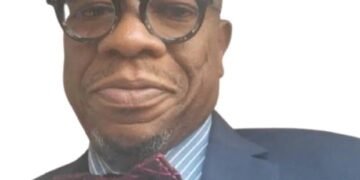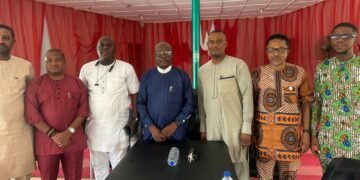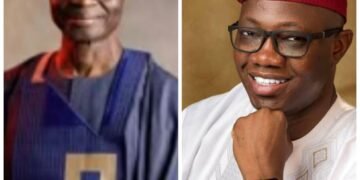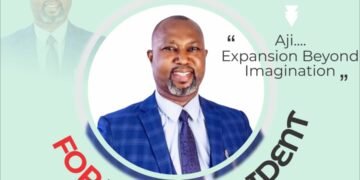Former Vice President of Nigeria, Atiku Abubakar, has urged Northern leaders to recommit to unity, purposeful leadership, and a renewed development drive, warning that the region cannot afford complacency in the face of mounting socio-economic challenges.
Atiku made the appeal on Friday in Kaduna while delivering a keynote address at the 25th anniversary of the Arewa Consultative Forum (ACF). He congratulated the forum for sustaining its relevance over the years despite political, social, and economic difficulties.
He commended past ACF leaders for their contributions and paid tribute to those who had passed on. “It has not been easy… but the ACF has kept its head above water and remained a key player in Northern affairs,” he said.
Atiku reflected on efforts made by the administration he served in to restore Northern unity after the 1999 elections, noting that the region was then divided among several political blocs. He recounted setting up a committee led by the Emir of Ilorin, Ibrahim Sulu-Gambari, to bring the factions together.
That effort, he said, culminated in the creation of the ACF under the leadership of General Yakubu Gowon and the late M.D. Yusuf, with contributions from respected figures including Chief Sunday Awoniyi.
He reiterated that the region’s foundational priorities, as laid out by Sir Ahmadu Bello—education, agriculture, and industrialization—remain unchanged. He said his administration pursued these through the Northern Development Program (NDP), which undertook reforms in teacher training, agricultural policy, and industrial surveys.
He lamented that, 20 years later, Northern industries still struggle with energy shortages, financing constraints, access to raw materials, and multiple taxation. Despite earlier interventions, he noted, “We appear to still be where we were.”
Calling unity “the root of the North’s strength,” Atiku cautioned that the region continues to struggle with managing ethnic and religious diversity. He warned that adversaries exploit divisions using sophisticated technology to spread disinformation and weaken the region.
He stressed that the 21st century’s knowledge-driven economy requires an educated population and a prepared workforce. With Nigeria projected to exceed 400 million people by 2050, he warned that the region must urgently confront issues of food security, education, healthcare, and youth unemployment.
“The competitive environment of the 21st century will not accept complacency, absentee leadership or leadership without vision,” he said.
As the forum marked its milestone, Atiku urged Northern leaders to reflect on how they want history to remember them: as leaders who made sacrifices or those who pursued self-interest.
“If there is any time for the North to unite, it is now,” he declared. “We must resist those trying to divide us along ethnic or religious lines.”
He concluded with a prayer for divine guidance as leaders strive to reposition the North for future generations.













